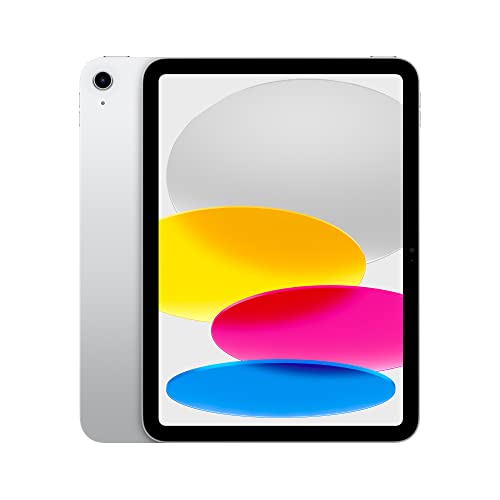Home > Story & Reviews > What are the main differences between AirPlay and Bluetooth
What are the main differences between AirPlay and Bluetooth
Tagged in: #apple-macbook, #apple-ipad, #apple-iphone,AirPlay and Bluetooth are both popular technologies for wireless audio streaming, but they have distinct differences in terms of functionality, performance, and compatibility. Here’s a comparison of their main features:
Key Differences Between AirPlay and Bluetooth
| Feature | AirPlay | Bluetooth |
|---|---|---|
| Connection Type | Uses Wi-Fi network | Direct device-to-device connection |
| Supported Content | Audio and video streaming | Primarily audio streaming |
| Audio Quality | Supports lossless audio (up to 24-bit/48kHz) | Typically lossy compression (e.g., SBC, AAC) |
| Multi-Room Support | Yes, can stream to multiple devices | No, limited to two paired devices |
| Range | Limited by Wi-Fi range (typically greater than 30 ft) | Generally up to 30 ft (10-15 meters) |
| Device Compatibility | Primarily Apple devices and select third-party devices | Widely supported across various platforms |
| Ease of Use | Requires setup on a home network | Simple pairing process |
| Control Options | Volume control on the AirPlay device | Volume controlled only on the source device |
Detailed Comparison
Connection Type
- AirPlay relies on a home Wi-Fi network, allowing for broader connectivity without the need for direct line-of-sight between devices. This enables users to move around their home while maintaining a connection.
- Bluetooth, on the other hand, connects devices directly through short-range radio waves, requiring them to be in close proximity.
Supported Content
- AirPlay supports both audio and video streaming, making it suitable for applications like streaming from YouTube or Apple TV.
- Bluetooth primarily focuses on audio streaming and does not support video.
Audio Quality
- AirPlay can transmit audio in lossless formats, offering superior sound quality, particularly beneficial for audiophiles. It can handle higher resolution files compared to Bluetooth.
- Bluetooth typically uses lossy compression methods, which may reduce sound quality. However, some advanced codecs like aptX can provide near CD-quality sound.
Multi-Room Support
- AirPlay allows users to stream audio to multiple speakers throughout the home simultaneously, creating a coordinated multi-room audio experience.
- Bluetooth does not support multi-room configurations; it is limited to a one-to-one connection.
Range
- The range of AirPlay is determined by the Wi-Fi network's coverage area, which can extend beyond typical Bluetooth limits.
- Bluetooth has a more restricted range of around 30 feet (10 meters), which can be affected by obstacles.
Device Compatibility
- AirPlay is designed primarily for Apple products (iPhones, iPads, Macs) and select compatible third-party devices. This can limit options for non-Apple users.
- Bluetooth is universally supported across a wide range of devices from various manufacturers, making it more versatile for general use.
Ease of Use
- Setting up AirPlay requires connecting to a Wi-Fi network and may involve more steps compared to Bluetooth pairing.
- Bluetooth offers straightforward pairing with minimal setup required.
Control Options
- AirPlay allows users to control playback volume directly on the AirPlay-enabled device rather than just the source device.
- With Bluetooth, volume control is typically limited to the original device that is streaming audio.
Related Products:



















Related Product Stories
Recent Product Stories & Reviews



